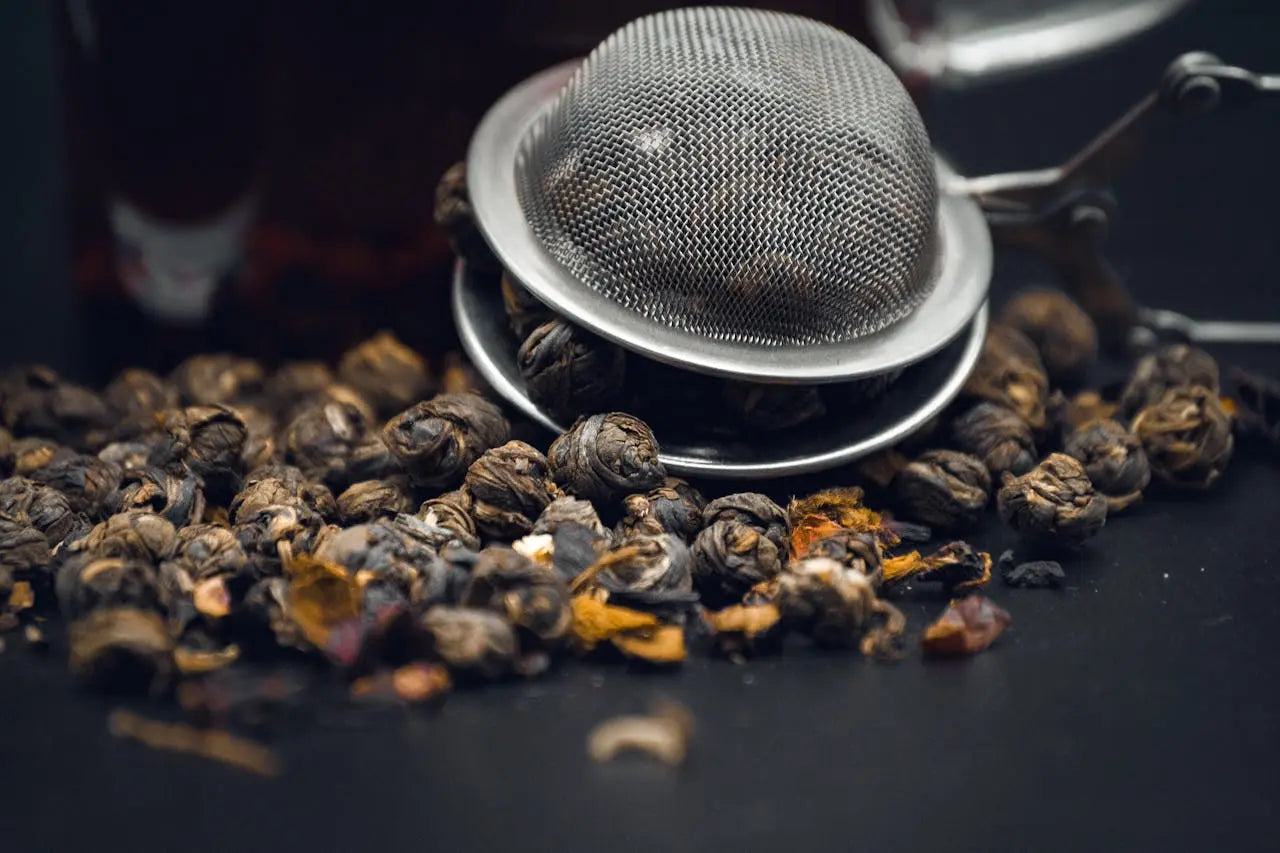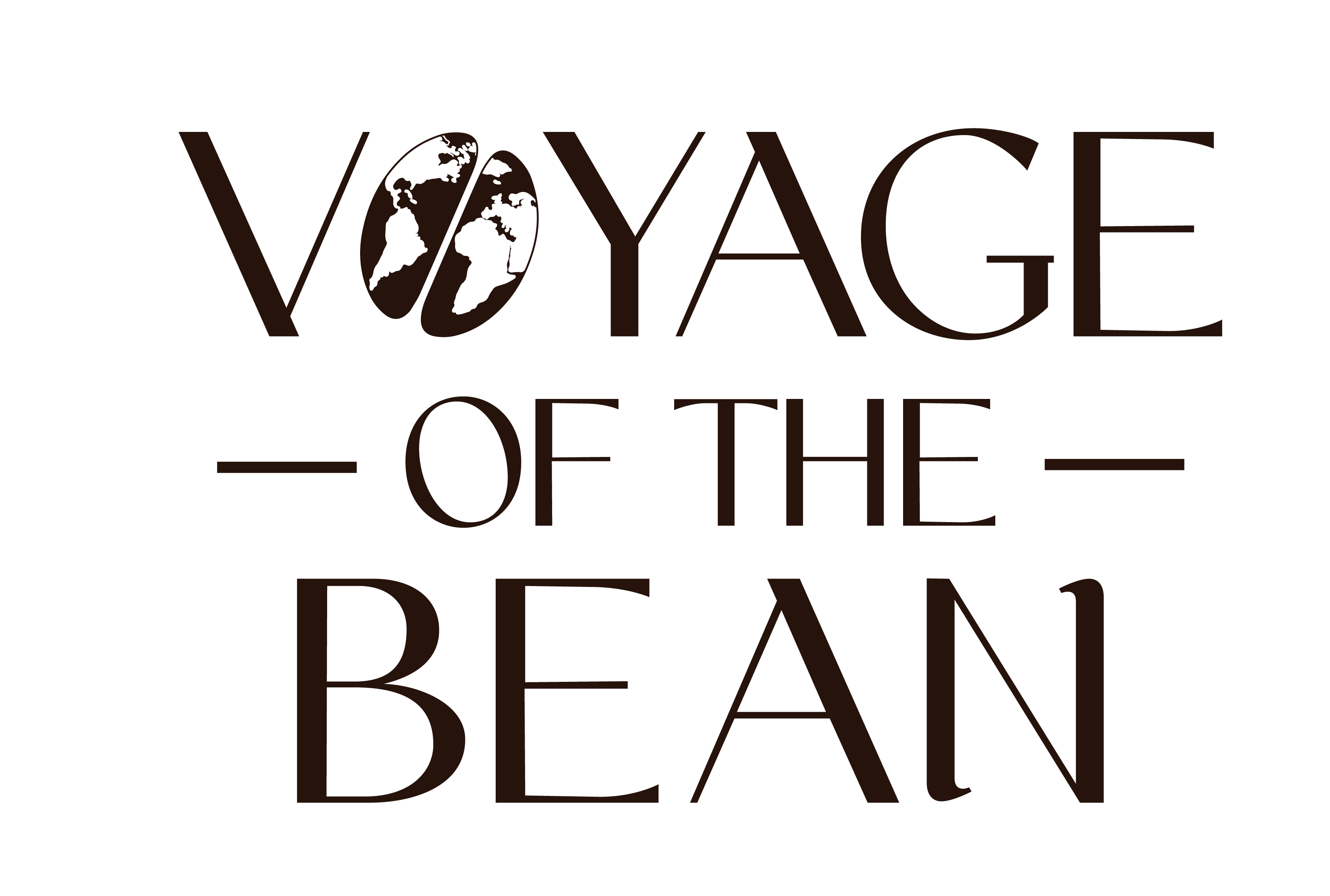For many of us, coffee is a daily ritual—a morning boost that sets the tone for the day. However, not all coffee is created equal. While you might savor the flavor and aroma of your favorite cup, there may be some unwelcome additions lurking in that brew: harmful chemicals commonly found in conventionally grown coffee. Let’s take a closer look at what’s really in traditional coffee and how it can impact your health.
Pesticides and Herbicides
Coffee is one of the most heavily chemically treated crops in the world. Conventional coffee farming uses synthetic pesticides and herbicides to maximize yield and reduce pests. However, many of these chemicals are known to be harmful. Residue from pesticides like glyphosate—often associated with increased cancer risk—can end up in your cup, leading to long-term exposure that may negatively affect your health.
Mycotoxins
Mycotoxins are toxic compounds produced by certain molds that can grow on improperly stored coffee beans. These toxins have been linked to a range of health issues, including kidney and liver damage, immune system suppression, and even cancer. Though not exclusive to non-organic coffee, poor handling practices during production and shipping increase the risk of mycotoxins making their way into conventional coffee.
Synthetic Fertilizers
Chemical fertilizers used in non-organic coffee farming contain nitrates and phosphates, which can leach into soil and water sources, impacting not only the environment but also our health. Drinking coffee grown with synthetic fertilizers may contribute to the accumulation of harmful nitrates in your body, which have been linked to certain cancers and reproductive health problems.
Health Impacts of Conventional Coffee
With long-term exposure to these chemicals, there is growing concern about the cumulative effect on our bodies. Research shows links between chemical residues in food and chronic diseases such as cancer, hormonal disruptions, allergies, and reproductive issues. Note, we anre not doctors or health professionals. Additionally, the environmental impact of conventional coffee farming contributes to soil degradation, deforestation, and water contamination, which can have indirect health consequences for communities around coffee-growing regions.
The Organic Alternative
Switching to organic coffee, like the varieties we offer at Voyage of the Bean, can significantly reduce your exposure to these harmful chemicals. Organic coffee is grown without synthetic pesticides, herbicides, and fertilizers, ensuring that what you’re drinking is not only better for your body but also for the planet. Additionally, organic practices support healthier soil, water, and biodiversity, making your cup of coffee part of a more sustainable and health-conscious lifestyle.
Conclusion
While traditional coffee may seem harmless, it’s important to be aware of the chemicals hiding in each sip. By choosing organic, you can enjoy your coffee with peace of mind, knowing you’re protecting both your health and the environment. Next time you brew a cup, ask yourself: what’s really in my coffee?
Pesticides and Herbicides
Coffee is one of the most heavily chemically treated crops in the world. Conventional coffee farming uses synthetic pesticides and herbicides to maximize yield and reduce pests. However, many of these chemicals are known to be harmful. Residue from pesticides like glyphosate—often associated with increased cancer risk—can end up in your cup, leading to long-term exposure that may negatively affect your health.
Mycotoxins
Mycotoxins are toxic compounds produced by certain molds that can grow on improperly stored coffee beans. These toxins have been linked to a range of health issues, including kidney and liver damage, immune system suppression, and even cancer. Though not exclusive to non-organic coffee, poor handling practices during production and shipping increase the risk of mycotoxins making their way into conventional coffee.
Synthetic Fertilizers
Chemical fertilizers used in non-organic coffee farming contain nitrates and phosphates, which can leach into soil and water sources, impacting not only the environment but also our health. Drinking coffee grown with synthetic fertilizers may contribute to the accumulation of harmful nitrates in your body, which have been linked to certain cancers and reproductive health problems.
Health Impacts of Conventional Coffee
With long-term exposure to these chemicals, there is growing concern about the cumulative effect on our bodies. Research shows links between chemical residues in food and chronic diseases such as cancer, hormonal disruptions, allergies, and reproductive issues. Note, we anre not doctors or health professionals. Additionally, the environmental impact of conventional coffee farming contributes to soil degradation, deforestation, and water contamination, which can have indirect health consequences for communities around coffee-growing regions.
The Organic Alternative
Switching to organic coffee, like the varieties we offer at Voyage of the Bean, can significantly reduce your exposure to these harmful chemicals. Organic coffee is grown without synthetic pesticides, herbicides, and fertilizers, ensuring that what you’re drinking is not only better for your body but also for the planet. Additionally, organic practices support healthier soil, water, and biodiversity, making your cup of coffee part of a more sustainable and health-conscious lifestyle.
Conclusion
While traditional coffee may seem harmless, it’s important to be aware of the chemicals hiding in each sip. By choosing organic, you can enjoy your coffee with peace of mind, knowing you’re protecting both your health and the environment. Next time you brew a cup, ask yourself: what’s really in my coffee?



